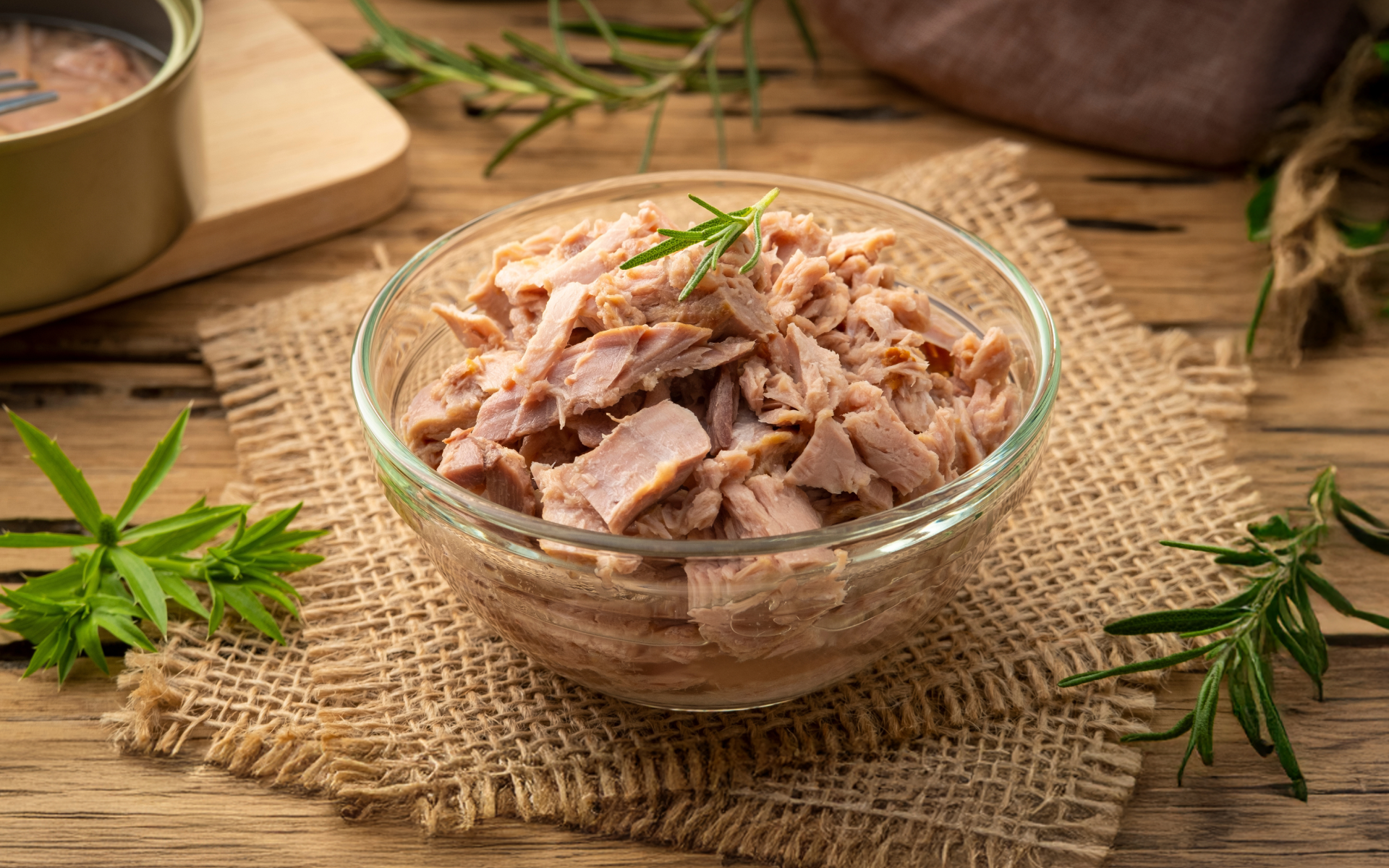Introduction: What Are Smart Carbs?
Carbohydrates are an essential part of a healthy diet, but not all carbs are equal. While some can wreak havoc on your blood sugar levels and provide little nutritional value, others offer sustained energy, fiber, and a wealth of vitamins and minerals. These beneficial carbohydrates are what we call “smart carbs”.
The Science Behind Smart Carbs
What Makes a Carb “Smart”?
Smart carbs are typically fiber-rich and take longer to digest than their refined counterparts [1]. This slower digestion process leads to a more gradual increase in blood sugar levels, providing sustained energy rather than a short-lived spike. Nutritious smart carbs are also often rich in:
- Antioxidants
- Vitamins
- Minerals
Some of the best sources on the smart carbs list include whole grains such as:
- Brown rice and quinoa
- Lentils and chickpeas
- Fruits and vegetables
These foods are rich in complex carbohydrates and boost protein, healthy fats, and essential micronutrients [2].
Benefits of Smart Carbs
Incorporating carb smart foods into your diet can have numerous health benefits. They can help:
- Regulate blood sugar levels
- Promote feelings of fullness and satisfaction
- Support healthy digestion
Smart carbs also make you feel fuller for longer, which makes them a great choice for those who are watching their weight [3].
Consuming smart carbs as part of a balanced meal can help slow your digestion and absorption, leading to an even more gradual increase in blood sugar levels. Pairing smart carbs with lean protein and healthy fats is an excellent way to support sustained energy and satisfaction [4].
The BetterMe: Health Coaching app will provide you with a host of fat-frying fitness routines that’ll scare the extra pounds away and turn your body into a masterpiece! Get your life moving in the right direction with BetterMe!
Examples of Smart Carbs
When it comes to carbohydrates, not all of them are created equal. Smart carbs – rich in nutrients, fiber, and antioxidants – provide sustained energy, support overall health, and even help with weight management. Here are some of the smartest carb choices you can add to your diet:
Whole Grains
Whole grains such as brown rice, quinoa, and whole-wheat bread are excellent sources of smart carbs. The smart carbs list contains:
- Fiber for digestive health and satiety
- Vitamins and minerals for overall nutrition
- Antioxidants to combat oxidative stress
Unlike refined grains, whole grains take longer to digest, providing a slower release of energy and preventing blood sugar spikes.
It’s recommended to get at least half of your grains from whole-grain sources. You can increase your whole-grain intake by making simple swaps such as choosing whole-grain bread instead of white bread, eating oatmeal or other whole-grain cereals for breakfast, and having brown rice instead of white rice with your meals.
Fruits and Vegetables
Fruits and vegetables are packed with vitamins, minerals, and antioxidants, which makes them some of the smartest carb choices. Straight from the smart carbs list, you can find:
- Apples and bananas for a quick, portable snack
- Leafy greens such as spinach and kale are rich in iron and calcium
- Cruciferous vegetables such as broccoli and carrots are high in vitamin C and beta-carotene
There’s a wide variety, so you should aim for a rainbow of colors on your plate to ensure you get a broad range of nutrients.
It’s recommended to get at least five servings of fruits and vegetables each day. A serving size is approximately half a cup, or the size of your fist. You can increase your intake by starting your meals with a salad, eating fruit as a snack or dessert, and adding vegetables to your favorite dishes. Try new types and flavors to keep things interesting and exciting.
Legumes
Legumes such as lentils, chickpeas, and black beans are rich in protein for muscle growth and repair. They’re also loaded with fiber for digestive health and satiety. Legumes are carb smart foods that contain vitamins and minerals such as:
- Folate
- Iron
- Potassium
As a plant-based protein source, legumes are a brilliant choice for those who are looking to reduce their intake of animal products.
Read more: Keto Stuffed Jalapenos 4 Ways: Tasty, Spicy, and Surprisingly Low in Carbs
How to Incorporate Smart Carbs into Your Diet
Meal Planning with Smart Carbs
Incorporating carb smart foods into your meals is easier than you think. Try replacing refined grains with whole grains, adding fruits and vegetables to your meals, and including legumes in your favorite dishes. Here are some examples:
- Replace refined grains with whole grains: Choose whole-grain bread, brown rice, quinoa, and whole-grain pasta. These foods are rich in fiber and B vitamins. [5]
- Add fruits and vegetables: Aim for colorful fruits and vegetables in your meals. They provide antioxidants, fiber, and essential vitamins and minerals.
- Include legumes: Legumes such as beans, lentils, and peas are rich in protein, fiber, and minerals. Add them to your soups, salads, and main dishes.
Smart Carbs for Different Lifestyles
Whether you’re a busy professional or an athlete, healthy carb smart foods can support your lifestyle. They provide sustained energy for busy days and help[ with your recovery after workouts. Ways they fit your life include:
- Busy professionals: Smart carbs provide sustained energy to power through busy days. Try:
- Breakfast: Overnight oats with fruit and nuts
- Lunch: Whole-grain wrap with vegetables and lean protein
- Dinner: Brown rice with grilled chicken and steamed vegetables
- Athletes: Smart carbs are essential for energy and recovery. Aim to include a source of smart carbs in every meal. Here are some easy ways for athletes to eat smart carbs throughout the day:
-
- Breakfast: Oatmeal with banana and honey and whole-grain toast with avocado and eggs
- Snacks: Apple slices with almond butter and an energy bar made with whole grains and dried fruit
- Lunch: Sandwich using whole grain bread, vegetables, and lean proteins
- Dinner: Chicken breast with brown rice and vegetables
Incorporating smart carbs into your diet can provide sustained energy, support overall health, and aid recovery. Choose a variety of whole grains, fruits, vegetables, and legumes to reap the benefits of smart carbs.
Smart Carbs vs. Refined Carbs
Carbs aren’t all the same. Some make you feel good, while others make you feel bad. Let’s take a look at refined carbs and smart carbs.
Understanding Refined Carbs
Refined carbs are in foods such as white bread and candy. They’re not ideal because[6]:
- They make your blood sugar go up fast
- Then they make it crash, so you feel tired and hungry
- Eating them a lot is linked to diseases such as obesity and heart disease
Comparing the Effects
While refined carbs may provide a temporary energy boost, smart carbs offer sustained energy and a wealth of nutritional benefits. Eating smart carbs instead of refined carbs is good for you because:
- They help keep your blood sugar stable
- They support healthy weight
- They give you lasting energy
- They’re good for your overall health
So choose smart carbs!
BetterMe is your fast-track ticket to long-lasting weight loss! Tailor your fitness journey and maximize your results with just a couple of swipes!
Practical Tips for Choosing Smart Carbs
Picking the right carbs is important for staying healthy. Here’s how to make better carb choices.
Reading Nutrition Labels
When buying packaged foods, always read the label. Search for fiber (at least 3 grams per serving) and whole grains [7]. You should also look for main ingredients such as:
- Brown rice
- Quinoa
- Whole wheat
- Oats
Avoid added sugars and refined flour such as white flour. Watch out for hidden sugars and refined carbs, which often end in “-ose” or “-ol” or contain the words “malt” or “syrup”.
Shopping Smart
Shop on the edges of the grocery store. That’s where you find healthy carbs in whole foods such as:
- Fruits
- Vegetables
- Meats
- Poultry
- Fish
- Dairy
These foods are usually healthier and lower in empty carbs. Spend less time in the aisles, where you’ll find packaged and refined foods. When in the aisles, go for canned beans, lentils, and tomatoes, which are high in fiber and nutrients [8].
More Tips
- Cook from scratch: Making meals from whole foods lets you control the carbs. Try new recipes with whole grains and lots of vegetables.
- Watch your portions: Even healthy carbs can cause weight gain and insulin resistance if you overeat. Practice portion control and aim for 1/2 cup to 1 cup of grains and starchy vegetables per meal.
- Pick low-glycemic foods: Foods with a lower glycemic index raise blood sugar slower, which helps regulate insulin. Examples are whole grains, non-starchy vegetables, and most fruits.
By following these tips, you can make better carb choices for your health.
Focusing on smart carbs leads to healthier choices that support your energy levels, overall health, and weight management goals. Add more whole grains, fruits, vegetables, and legumes to your meals, and watch your health transform!
Read more: 5 Chicken Alfredo Keto Recipes for Fast Dinners or Family Stunners Without Eating Too Many Carbs
FAQs
What are the best sources of smart carbs?
The best sources of smart carbs include whole grains, fruits, vegetables, and legumes. These foods are rich in fiber, vitamins, and minerals and take longer to digest than refined carbs.
How can I switch from refined to smart carbs?
Start by replacing one source of refined carbs with a smart carb at each meal. For example, try whole-grain bread instead of white bread with breakfast. Gradually increase your smart carb intake over time.
Are smart carbs suitable for people with specific dietary needs?
Yes! Smart carbs can benefit people with diabetes, those who are watching their weight, and anyone who is looking to support their overall health. However, consulting a healthcare provider or dietitian for personalized nutrition advice is always a good idea.
How do smart carbs affect energy levels throughout the day?
Smart carbs cause a gradual increase in blood sugar levels, providing sustained energy throughout the day. They can help prevent energy crashes that often follow the consumption of refined carbs.
By switching to smart carbs, you can support your health, regulate your blood sugar levels, and provide your body with the sustained energy it needs to thrive. Start incorporating smart carbs into your diet today and experience the benefits of smart carbs for yourself.
DISCLAIMER:
This article is intended for general informational purposes only and does not serve to address individual circumstances. It is not a substitute for professional advice or help and should not be relied on for making any kind of decision-making. Any action taken as a direct or indirect result of the information in this article is entirely at your own risk and is your sole responsibility.
BetterMe, its content staff, and its medical advisors accept no responsibility for inaccuracies, errors, misstatements, inconsistencies, or omissions and specifically disclaim any liability, loss or risk, personal, professional or otherwise, which may be incurred as a consequence, directly or indirectly, of the use and/or application of any content.
You should always seek the advice of your physician or other qualified health provider with any questions you may have regarding a medical condition or your specific situation. Never disregard professional medical advice or delay seeking it because of BetterMe content. If you suspect or think you may have a medical emergency, call your doctor.
SOURCES:
- Carbohydrates: How carbs fit into a healthy diet. (2022, https://www.mayoclinic.org/healthy-lifestyle/nutrition-and-healthy-eating/in-depth/carbohydrates/art-20045705)
- 2015-2020 Dietary Guidelines (2015, https://health.gov/our-work/nutrition-physical-activity/dietary-guidelines/previous-dietary-guidelines/2015)
- Carbohydrates (2024, https://nutritionsource.hsph.harvard.edu/carbohydrates/)
- Healthy meals start with planning (2024, https://www.mayoclinic.org/healthy-lifestyle/nutrition-and-healthy-eating/in-depth/healthy-meals/art-20546806)
- Get to Know Grains: Why You Need Them, and What to Look For (2024, https://www.mayoclinic.org/healthy-lifestyle/nutrition-and-healthy-eating/in-depth/healthy-meals/art-20546806)
- The Burden of Carbohydrates in Health and Disease (2022, https://www.ncbi.nlm.nih.gov/pmc/articles/PMC9505863/)
- Whole grain consumption and risk of cardiovascular disease, cancer, and all-cause and cause-specific mortality: systematic review and dose-response meta-analysis of prospective studies (2016, https://pubmed.ncbi.nlm.nih.gov/27301975/)
- Legumes: Health Benefits and Culinary Approaches to Increase Intake (2015, https://www.ncbi.nlm.nih.gov/pmc/articles/PMC4608274/)










